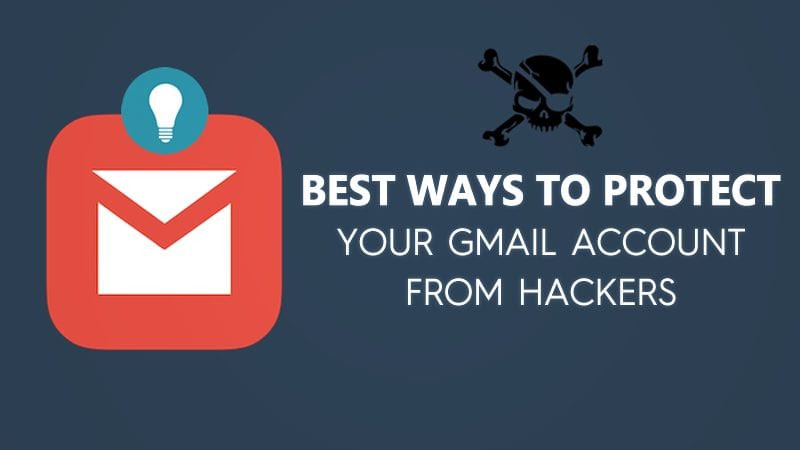Gmail is a widely popular platform, used by millions of people worldwide. However, with the increasing threat of cyberattacks, it’s important to take steps to prevent your Gmail account from being hacked. If you’re concerned about the security of your Gmail account and want to ensure that it remains protected, this article will guide you through the steps you can take to prevent hacking attempts and keep your personal information safe. From creating a strong password to enabling two-factor authentication, we’ll cover all the essential tips and tricks to secure your Gmail account.
So, you should read this article carefully and understand it only when you are till the last.
How to prevent Gmail account from being hacked?
Strong password
Social media has become an integral part of our lives, and it’s important to ensure the security of our accounts. Unfortunately, many people make the mistake of keeping their social media account passwords too easy, which puts their personal information at risk. It’s crucial to set a strong and unique password for your social media accounts to prevent hacking attempts.
This article will guide you through the importance of using a strong password for your social media accounts and provide tips on creating a secure password to keep your personal information safe. By following these guidelines, you can protect your social media accounts and prevent unauthorized access.
2 step verification
When it comes to securing your Gmail account, using two-step verification can be incredibly effective. This additional layer of security ensures that even if a hacker manages to obtain your Gmail account password, they won’t be able to access your account without entering an OTP sent to your mobile number. By enabling two-step verification, you can prevent unauthorized access to your Gmail account and keep your personal information safe.
In this article, we’ll discuss the importance of using two-step verification for your Gmail account and guide you through the process of setting it up to enhance the security of your account.
Unknown Mails
To protect your device and Gmail account from potential security threats, it’s crucial to be cautious when it comes to opening unsolicited emails. Opening such emails can lead to downloading malware or phishing attempts that compromise your device and Gmail account. It’s best to avoid clicking on any suspicious links or downloading attachments from unknown senders.
In this article, we’ll explore why opening unsolicited emails can be dangerous and provide tips on how to avoid falling prey to cyber threats.
Account Permissions
Have you ever thought about how many third-party apps and websites have access to your Gmail account? These apps and sites can potentially access your personal data and put your account at risk of being hacked. To keep your Gmail account safe, it is crucial to remove any unknown apps and sites that have access to your account. In this article, we will discuss in detail the steps you can take to prevent your Gmail account from being hacked.
Recovery option
Gmail is one of the most widely used email services in the world, but it can also be a prime target for hackers. With the increasing amount of personal data being shared on Gmail, it is more important than ever to ensure the safety and security of your account. If you want to keep your account secure, then there are several steps you can take to prevent it from being hacked. First and foremost, always use a strong and unique password for your Gmail account. Do not use the same password for other accounts and avoid using simple or easy-to-guess passwords.
Additionally, enable two-factor authentication to add an extra layer of security to your account. It’s also crucial to avoid opening spam emails and not clicking on any suspicious links or downloading any unknown attachments. These can be a source of malware and can potentially compromise your account’s security. Furthermore, regularly review the third-party apps and websites that have access to your Gmail account and remove any that you do not recognize or no longer need.
